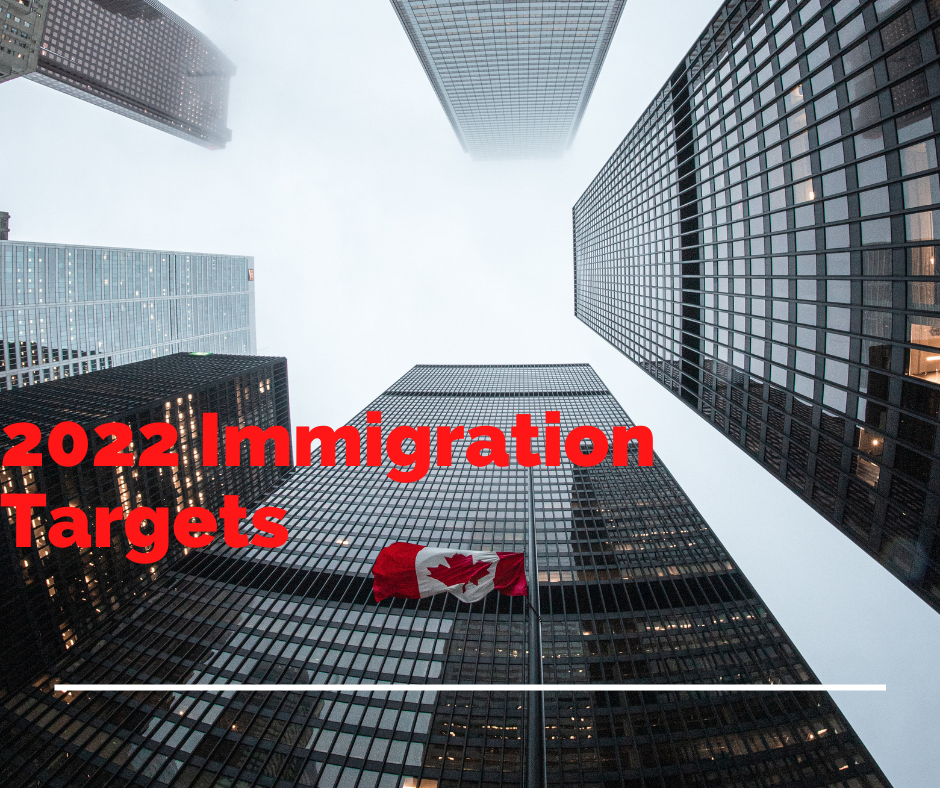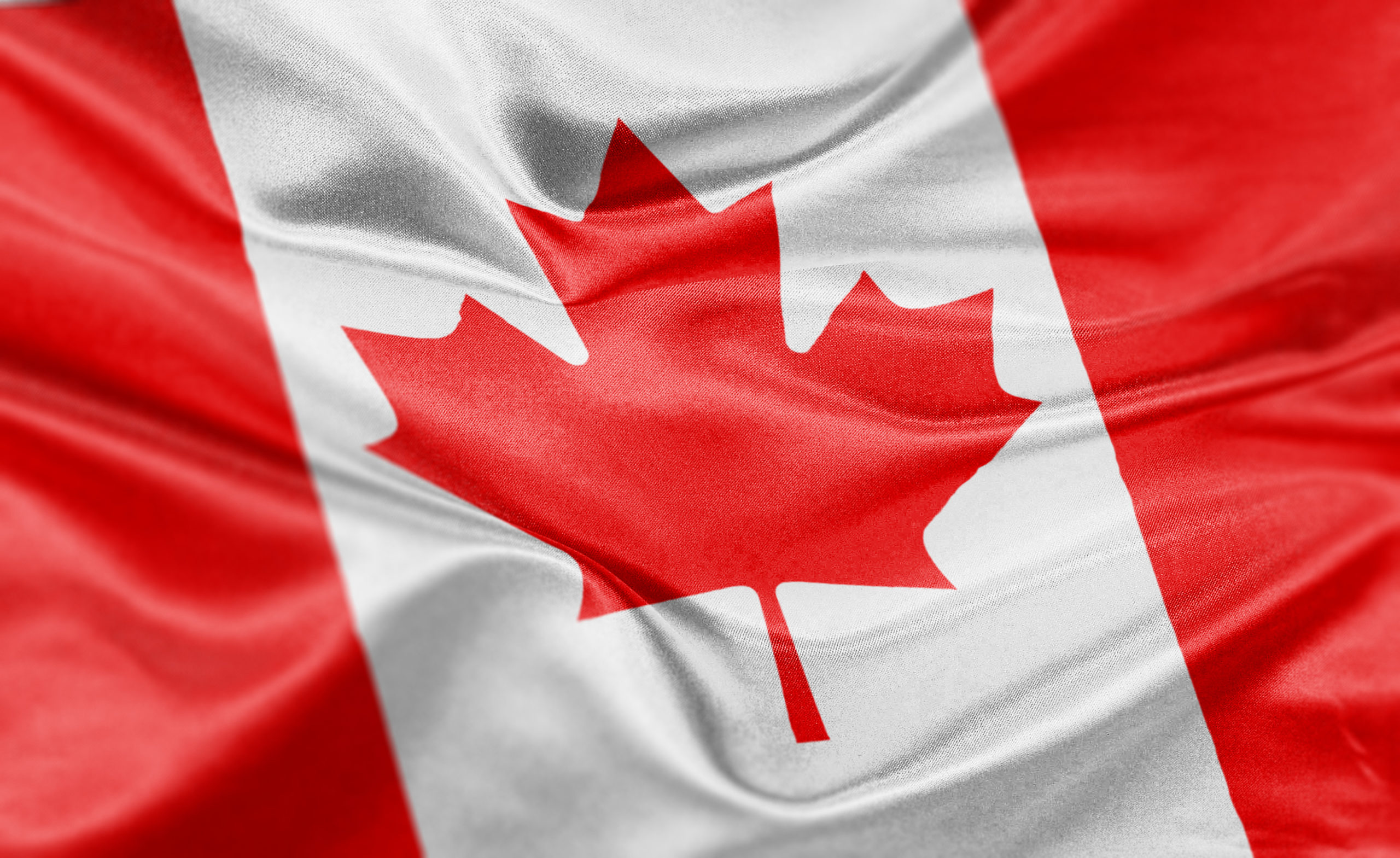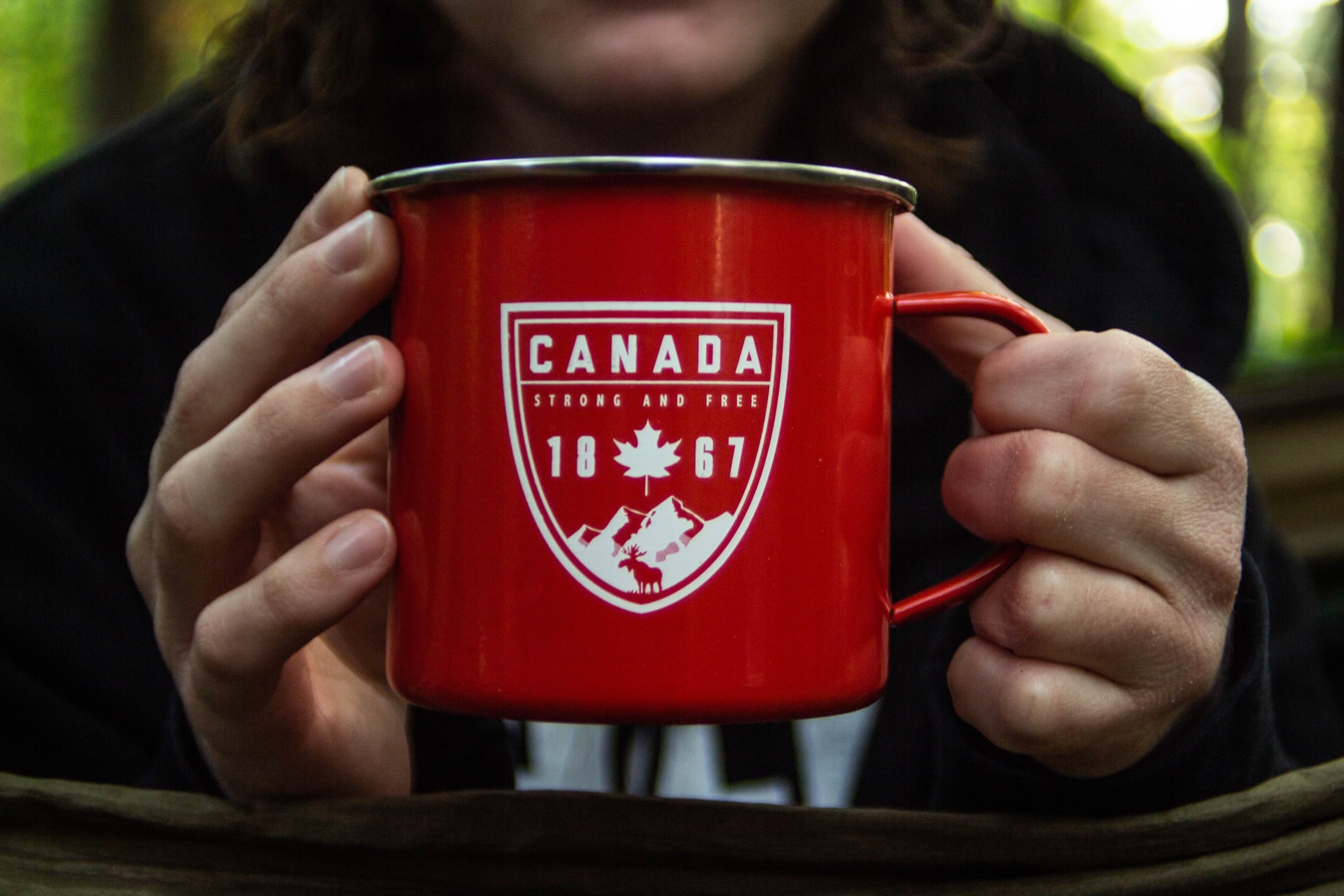What the Federal Debate had to say about Canadian immigration
The 2019 Federal Leaders Debate, which took place on October 7, surprisingly covered very little in regards to Canadian immigration. However, that is not to say that immigration has no part to play in this year’s federal election. There is still much to talk about in terms of the immigration topics that came up during the debate. What’s more, all of the respective political parties’ have released the details of their platforms, and each party has its own respective plan for Canada’s future in immigration.
Immigration Talk at the Debate
When the topic of immigration was brought up during the debate, the candidate who had the most to say was Maxime Bernier. Bernier is the leader of the far-right People’s Party of Canada. He is the only party leader who had openly spoken against immigration in Canada. Bernier stated that he wants to reduce Canada’s immigrant intake to 150,00 yearly, which is less than half of the current rate of 331,000 yearly newcomers. Additionally, Bernier emphasized a desire to increase the number of economic immigrants.
During the debate, Bernier stated that Canada receives the “equivalent of one Nova Scotia every three years” in immigrant numbers. Bernier seemed to imply that this number was too high, however, Nova Scotia’s population accounts for only 3% of Canda, housing less than 960,000 residents. Considering factors such as emigration, an ageing population, and a declining birth rate, it is questionable whether Canada would be able to sustain and grow at Bernier’s proposed immigration rate of 150,000 a year.
The other political leaders at the debate were quick to disagree with Bernier. Many of the leaders pointed out the “hate rhetoric” that Bernier often engages with, both in his campaign and in his social media. Prime Minister and Liberal Leader Justin Trudeau accused Bernier of attempting to generate a “fear of the other” within the Canadian public. Meanwhile, Conservative Leader Andrew Scheer
Green Party Leader Elizabeth May drew attention the contradiction with Bernier’s plan to only allow 150,000 immigrants to total and focus on economic immigrants. May pointed out that Canada accepted more than 159,000 economic immigrants in 2017.
As it stands, Bernier is currently the candidate with the least amount of voter support. Bernier was invited to the debate due to his popularity in just a few ridings.
Party Platforms on Immigration
Since immigration was not heavily discussed during the Federal Leaders Debate, it is not surprising that some people might be wondering where the parties’ stand on the issue. Thankfully, all of the parties have released their political platforms which include their proposed immigration policies.
The Bloc Quebecois
The Bloc Quebecois has always upheld a Quebec-centered approach to its policies. As a result, the party’s immigration goals prioritize Quebec interests. For instance, if elected, the party would introduce a bill which requires that anyone who applies for citizenship in Quebec to have “sufficient” French language skills. The party also would like to make it a requirement for the federal government to give Quebec the authority to reject federal refugee policies and to control permanent residence conditions. The Bloc Quebecois has also stated that the party will suspend the United States’ and Canada’s Safe Third Country Agreement.
The Conservative Party
As for the Conservative Party, their immigration policies would include recognizing credentials, improving language training, and helping skilled foreign workers apply for applicable professions more easily. The party is also putting border security and illegal immigration from the United States as a high priority. They would seek to renegotiate the Safe-Third Country Agreement, hire more border guards, and have Immigration and Refugee Board judges move to areas of common illegal border crossing. The party aims to work with the provinces to work out any immigration issues, with a focus on Quebec and the potential to settle the Canada-Quebec Accord on Immigration.
The Green Party
The Green Party immigration plans include providing better funding to give newcomers language training. They also plan on ensuring that immigrants are properly informed of the licensing requirements needed for their new Canadian careers. The party seeks to get rid of the Temporary Foreign Workers Program. Instead, they intend to focus on immigration creating easier paths to permanent residency. With regards to Canada’s Safe Third Country Agreement with the U.S., the Green Party would seek to terminate the agreement.
The Liberal Party
As for the Liberal Party, if reelected they have several immigration plans in mind. These include proposals for an Atlantic Immigration Pilot and a Municipal Nominee Program. They also propose a plan to make applying for Canadian citizenship free for permanent residents by 2023-24.
The New Democratic Party
For the NDP party, they plan to address gaps in immigration settlement services. They plan to collaborate with provinces to accomplish this. Additionally, the party would like to reduce the backlogs of families who have yet to be reunified through immigration. They would also seek to remove restrictions for applicants to sponsor their parents and grandparents.
The People’s Party of Canada
As stated previously, the People’s Party is the only in the election looking to reduce the actual number of immigrants. The party wants to reduce to just 150,000 immigrants and refugees accepted into Canada yearly. The party is also looking to criminalize birth tourism.
The federal election will be taking place across Canada on October 21.









